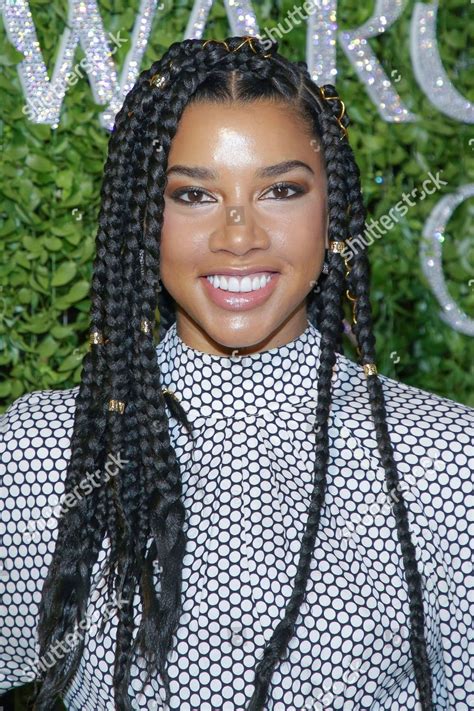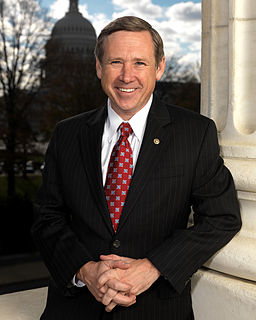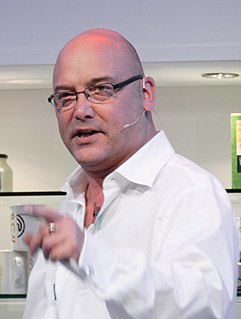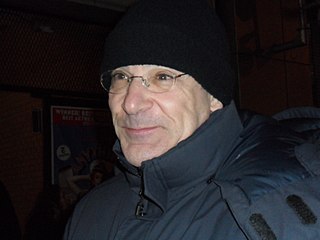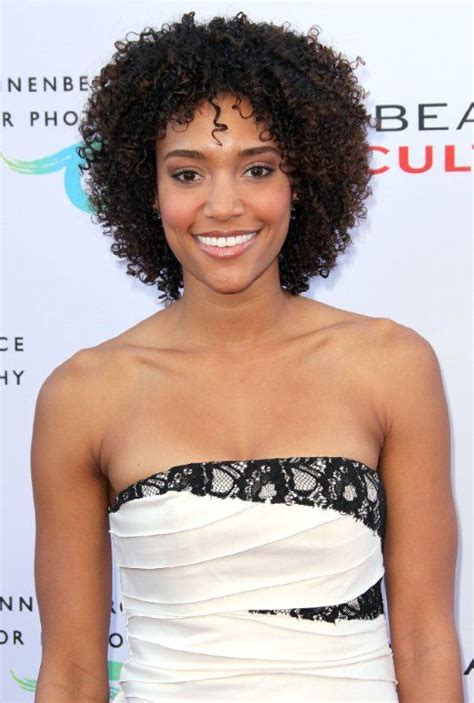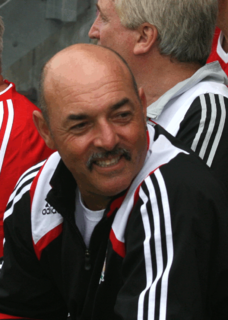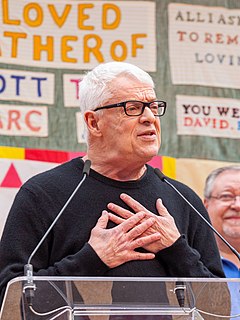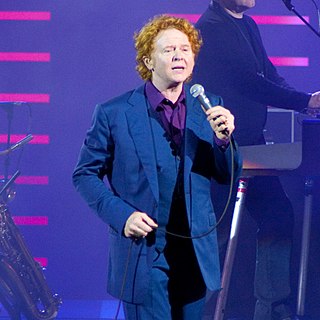A Quote by Hannah Bronfman
My mother is an African-American from the South Side of Chicago who married a white guy in 1978. She was hyperaware of racism and made me aware of that.
Related Quotes
I think if you worked at the community level in Chicago and then a politician on the South Side of Chicago, and worked at the state level, then you're pretty familiar with all the variations of politics in the African American community and criticisms you may get. If you're not familiar with those or you don't have a thick enough skin to take it, then you probably wouldn't have gotten here.
I go back to the parallels with 1963, 1964 when white America really became aware of the brutality of segregation, the cruelty of the apartheid system which existed in the south. Then white people began to get on the freedom buses and travel to the south and be part of the voter registration drives and they... some of them were beaten and some of them were murdered but they stood with the African-American community and the civil rights movement. It's time for straight people to do that today and it is time for gay people to insist that they do that today.
My mother always told me to embrace both sides of my background. And she also taught me one very useful thing when I was going to first grade. She said, "You're Bahamian and African-American on one side, and Russian-Jewish on the other. You're no more one than the other, and it's beautiful that you have all this. It makes your life all the more rich. But society will see you only as black."
